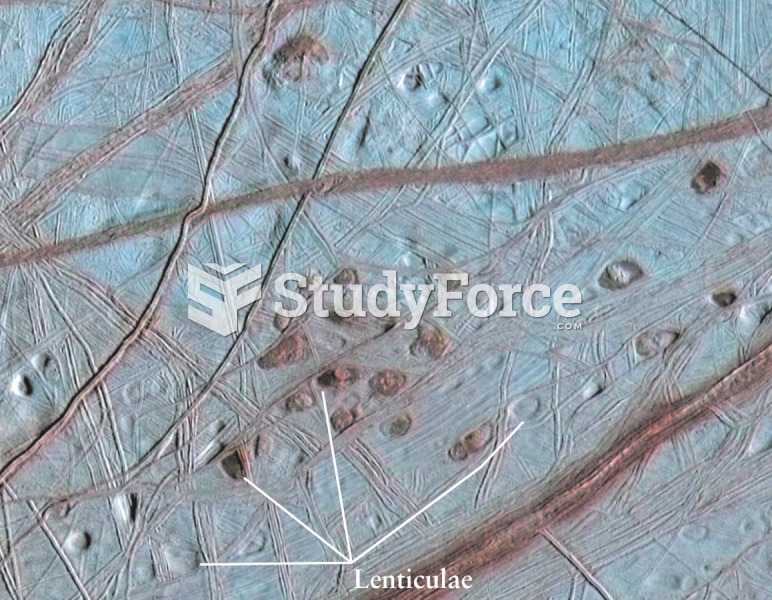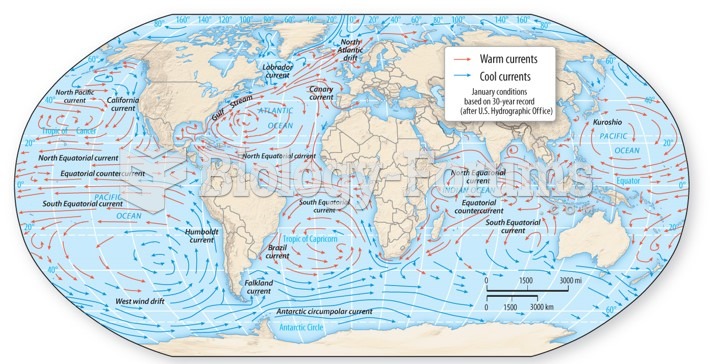|
|
|
More than 34,000 trademarked medication names and more than 10,000 generic medication names are in use in the United States.
Human stomach acid is strong enough to dissolve small pieces of metal such as razor blades or staples.
Although the Roman numeral for the number 4 has always been taught to have been "IV," according to historians, the ancient Romans probably used "IIII" most of the time. This is partially backed up by the fact that early grandfather clocks displayed IIII for the number 4 instead of IV. Early clockmakers apparently thought that the IIII balanced out the VIII (used for the number 8) on the clock face and that it just looked better.
Most childhood vaccines are 90–99% effective in preventing disease. Side effects are rarely serious.
For high blood pressure (hypertension), a new class of drug, called a vasopeptidase blocker (inhibitor), has been developed. It decreases blood pressure by simultaneously dilating the peripheral arteries and increasing the body's loss of salt.







